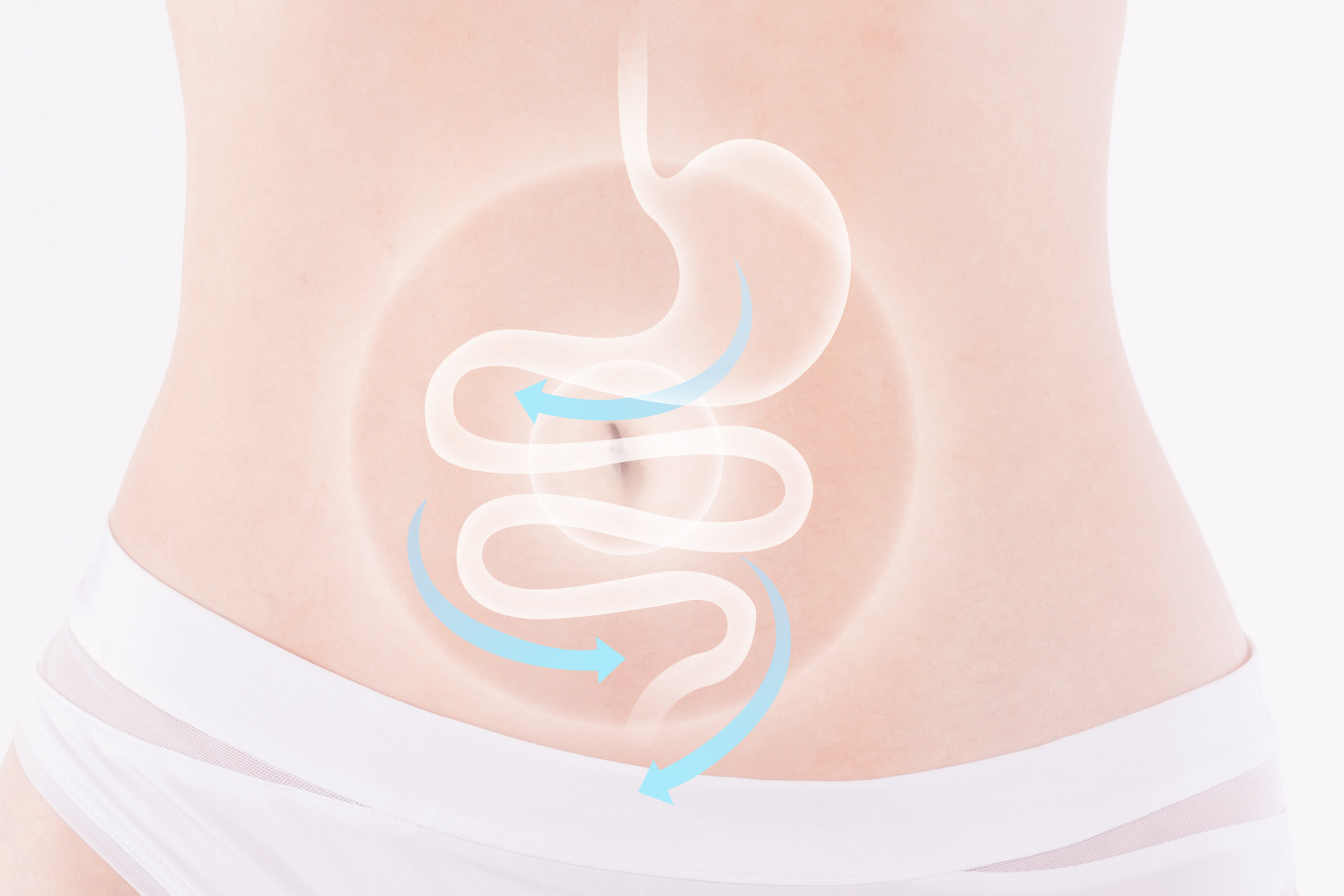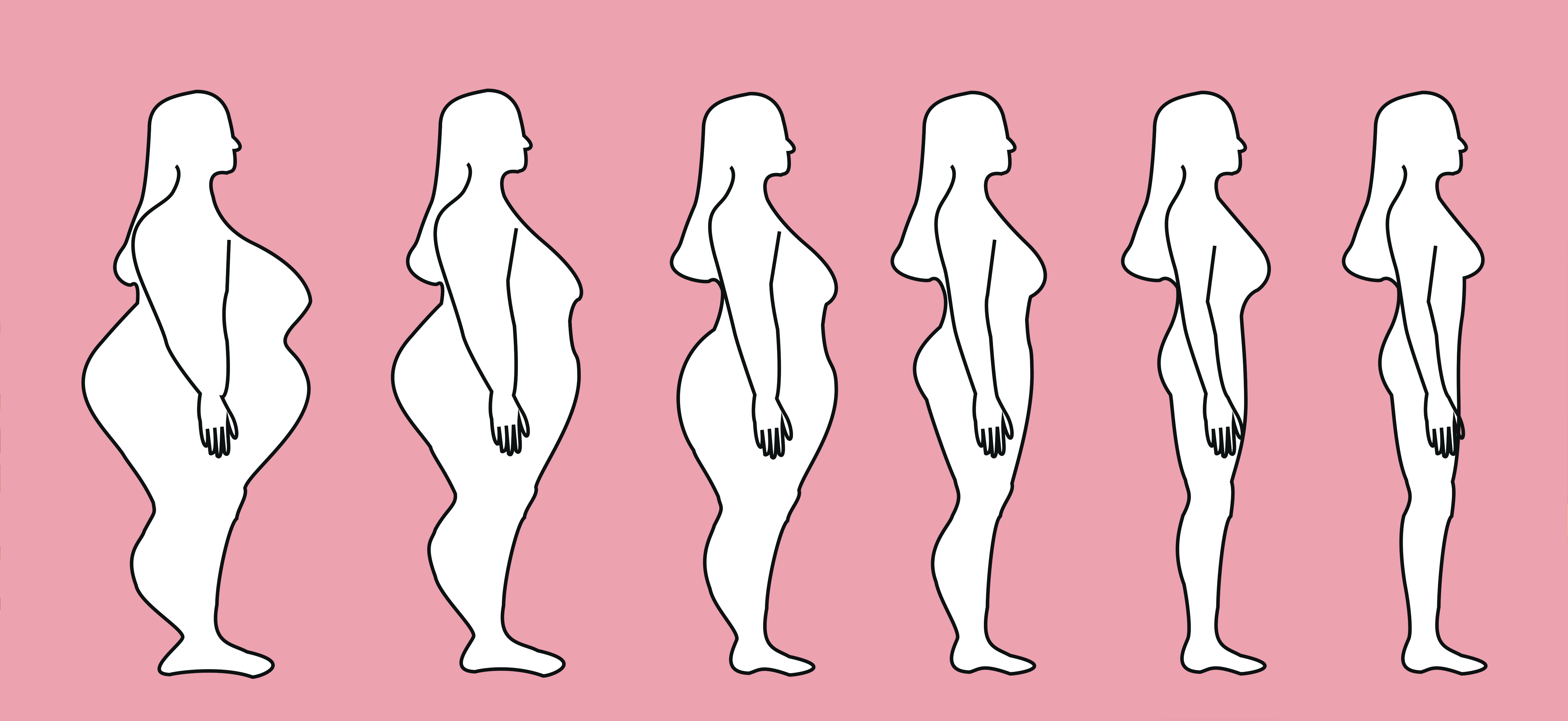
According to rough statistics, obesity can bring about thirteen health hazards, such as:
1. Diabetes:
The most common consequence of obesity is abnormal sugar metabolism. With weight gain, the fat content in the body increases, resulting in a decrease in pancreatic function and insulin resistance. To compensate for this decrease in insulin function, the body will secrete more insulin, leading to a condition known as insulin resistance. When the body's compensatory function is insufficient to compensate for the decrease in insulin function, it can cause abnormal blood sugar levels, starting with impaired glucose tolerance and progressing to type 2 diabetes. The longer the duration of obesity, the greater the likelihood of developing diabetes. Moreover, 80% of type 2 diabetes patients are overweight or obese or have a history of overweight and obesity.
2. Hypertension:
Statistics show that the likelihood of developing hypertension is 2 to 5 times higher in obese individuals compared to the general population. Hypertension is closely related to obesity, with over 70% of hypertensive patients being overweight or obese. However, if weight is reduced, the total blood volume, cardiac output, and sympathetic nervous system activity will decrease, resulting in lower blood pressure.
3. Hyperlipidemia:
Obese individuals, especially those with abdominal obesity, are more likely to exhibit high levels of cholesterol, triglycerides, low-density lipoprotein, and very low-density lipoprotein. At the same time, high-density lipoprotein decreases. This is related to the excessive fat content in the body, high fat intake, and problems with lipid clearance.
4. Cardiovascular diseases:
The heart is like a pump that constantly contracts and relaxes to maintain blood circulation. However, obese individuals have an excess of fat stored in their blood, which increases the total blood volume. The heart must increase its contraction strength to achieve effective blood circulation. Prolonged overload on the heart can lead to progressive heart function damage. When the heart can no longer pump blood effectively, blood can accumulate in the cardiovascular system, leading to heart failure. Obese individuals are four times more likely to experience angina and sudden death compared to the general population. Additionally, high blood lipid levels can accelerate the development of atherosclerosis, leading to major diseases such as coronary heart disease and ischemic heart disease.
5. Cerebrovascular diseases:
Obese individuals are more prone to cerebrovascular diseases such as cerebral atherosclerosis, especially those with diabetes, hyperlipidemia, high uric acid levels, and hypertension. The blood vessels in obese individuals become hard and brittle, making them more prone to rupture due to high blood pressure, which can lead to extremely dangerous cerebral hemorrhages. Moreover, obese individuals have higher levels of tissue plasminogen activator inhibitor, which makes it difficult to dissolve blood clots. Therefore, obese individuals are also prone to cerebral thrombosis, or stroke.
6. Fatty liver:
Half of obese individuals suffer from fatty liver disease. The liver is the site of triglyceride synthesis, but it does not have much space to store it. Due to the imbalance between triglyceride synthesis and transport in obese individuals, excessive dietary intake of fatty acids leads to increased synthesis of triglycerides in the liver, resulting in the accumulation of large amounts of triglycerides in the liver and the development of fatty liver. As fatty liver worsens, especially in severe obesity with severe fatty liver, it can lead to liver fibrosis, cirrhosis, and ultimately liver failure.
7. Gallstones:
Obese individuals have an excess of fat in their bodies, which leads to higher cholesterol levels in the blood. This causes cholesterol in the bile to be in a supersaturated state, leading to the formation of gallstones.
8. Sleep apnea syndrome:
Obese individuals have thick chest walls and abdominal fat, which narrows the airways. Due to increased visceral fat, lung expansion is also affected, leading to decreased lung capacity and reduced lung ventilation function. Prolonged hypoxia and carbon dioxide retention during sleep can lead to sudden death.
9. Osteoarthritis:
Due to excessive weight, obese individuals put more pressure on their joints, especially on the spine and lower limbs, which can easily lead to joint damage, deformity, and aging. Therefore, obese individuals are more prone to developing osteoarthritis, mainly in the knee and hip joints.
10. Reproductive system:
Obese women are prone to endocrine disorders, polycystic ovary syndrome, infrequent menstruation, amenorrhea, and masculinization. This can lead to infertility, and many patients can restore normal menstruation after weight loss. Obese men often have decreased levels of male hormones, decreased sexual function, and breast development or breast hypertrophy.
11. Cancer:
Epidemiological surveys have shown that obese men are more prone to prostate cancer. Obese women are more prone to endometrial cancer, cervical cancer, and breast cancer. The incidence of endometrial cancer increases fivefold in women with a weight gain of over 40% compared to normal individuals. Regardless of gender, obese individuals are more likely to develop colon and rectal cancer, with a higher risk as the degree of obesity increases.
12. Skin disorders:
Obese individuals often experience acanthosis nigricans on the neck and armpits. They are also prone to skin diseases such as eczema and dermatitis in skin folds such as the head, armpits, genitals, and groin. They may also develop stretch marks similar to those seen during pregnancy in the waist and thighs, which are caused by rapid growth and rupture of the dermal tissue. Additionally, due to the enlarged heart in obese individuals, venous blood flow is slowed down and obstructed, leading to varicose veins.
13. Psychological disorders:
Obese individuals, especially those who are severely obese, are prone to mental abnormalities. This can range from low self-esteem to more severe sensory and motor disorders, leading to difficulties in standing and walking, and even suicidal tendencies.












